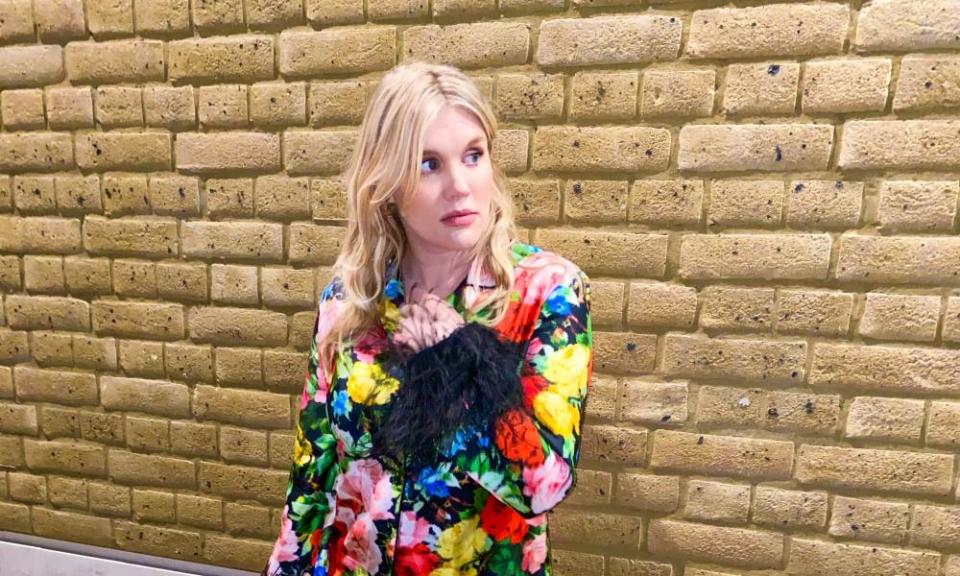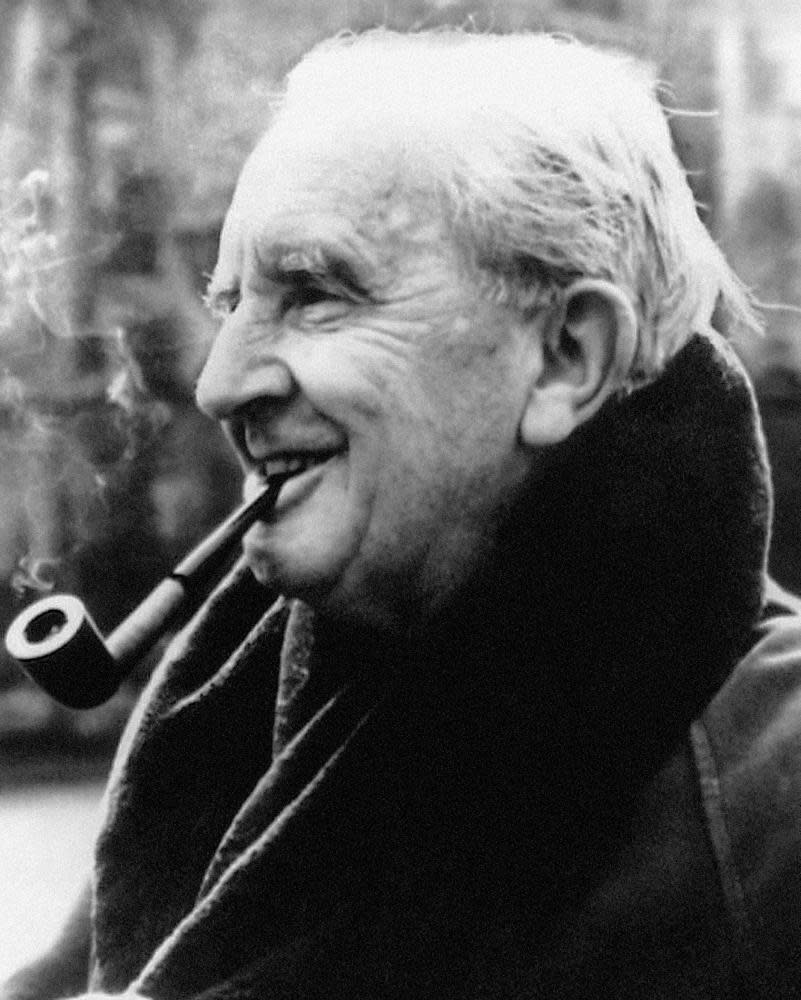Demi Lovato is dancing with the devil on behalf of women everywhere
When the pop star Demi Lovato explains that she wants “to set the record straight about what it was that happened”, in her new documentary Dancing with the Devil, she is not messing around. The first two parts of the film, which were released on YouTube last week, tell the story of Lovato’s relapse into drug use and her near-fatal overdose in 2018. This is the era of selfies, of course, with everything documented and preserved, but a selfie captioned “Demi on crack for the first time” shocked me. This is a brutally frank account of her troubles, with seemingly nothing left out. If anyone remains in doubt that fame is a grim pact for most, and particularly for young women, then this puts the case to the jury, again and again.
Dancing with the Devil was the third documentary I had seen in the last month about a famous woman under unimaginable pressure, in unimaginable pain. I watched Framing Britney Spears and saw a charismatic pop star churned up by the spotlight, hounded wherever she went, cracking under the weight of it all. With heavy heart, I watched the difficult, moving Channel 4 film about Caroline Flack, made with the participation of her brave family. It was announced recently that Brittany Murphy, the Clueless star who died at the age of 32 in 2009, will be the subject of a new two-part documentary that promises to “cut through the tabloid noise” and “[craft] a grounded account of Brittany Murphy’s life struggles”.
Part of me steels myself for the others that will follow. There is a lingering worry that this will become a trend, a genre, and I can already imagine the scrabble for suffering that will be going on in meeting rooms. But each of these films has a purpose. They are attempting to find whatever form of justice they can grasp, to allow the people involved to correct the record, to put forward another side of a story you think you already know. Perhaps this is a tentative new form of power inside a tabloid culture that has always been tilted heavily in the tabloids’ favour.
Lovato is clear about her reasons for putting it all out there as plainly as she does. The viewers will not all be public figures whose bodies, choices and movements are scrutinised and judged by many millions of strangers, but sadness is universal and addiction can affect anyone. Each episode of Dancing with the Devil ends with an exhortation to speak to someone, to seek help, an insistence that you, whoever you are, are not alone.
Emerald Fennell: Oscar nominee the wrong side of the Atlantic

After a series of dreary-to-disastrous award shows, this year’s Academy Awards have issued a strict “no Zoom acceptance speeches” mandate. It’s understandable, though it does mean the new spectator sports of “frozen face or frozen screen” and “which arty book have you casually displayed and why” will no longer have such a big playing field. It also throws a spanner in the works for nominees who don’t live down the road. Emerald Fennell, the director nominated for Promising Young Woman, has said she is “desperate” to attend, “but I’m not going to break the law by swimming the Atlantic. Though I would if I had the time and the core strength.”
I realise that this is at the lowest level of pandemic annoyances, up there – or, rather, down there – with that brief period of lettuce shortages and the time I had to queue for 15 minutes to get into Ryman’s to buy printer paper. But Promising Young Woman came out in the US in December and was only last week given a UK release date, of 16 April.
I have been refreshing a “when out in UK” search on three films languishing in transatlantic purgatory this year: Promising Young Woman, Ammonite, finally out this weekend, and Palm Springs, due on 9 April. Release dates seem to have broadly aligned in recent years; this hungry gap reminds me of being younger and desperately waiting for some sign of a big US blockbuster, probably starring Keanu Reeves, appearing at the local Ritz.
Still, anticipation has built to fever pitch and now I can’t wait to see all three.
JRR Tolkien: wizard rescue plan to no avail

Even Gandalf and Bilbo Baggins could not rescue the campaign to buy JRR Tolkien’s old house in Oxford. Despite the backing of Ian McKellen and Martin Freeman, Project Northmoor, which aimed to raise £4.5m to buy the six-bedroom property where Tolkien is said to have written The Hobbit and The Lord of the Rings, reached only 17% of its target. The Tolkien Society had not supported the move, saying that the house was “well protected under the law and not in need of rescue” and would not have been open to the public.
That is a shame. Writers’ houses are my number-one favourite tourist attraction, more than cemeteries, arcades with a good range of 2p machines and offensively cold places – and if someone could combine all of those aspects into one perfect holiday, I suspect I’d never come home again. I have wandered around Virginia Woolf’s garden and stared agog at Anne Brontë’s bloody handkerchief, on display behind glass in the house where she grew up.
I will happily gawp at a writer’s study even if I don’t particularly like the writer, in the hope of absorbing some of the magic or at least stealing a few interior design tips.
• Rebecca Nicholson is an Observer columnist

 Yahoo News
Yahoo News 
